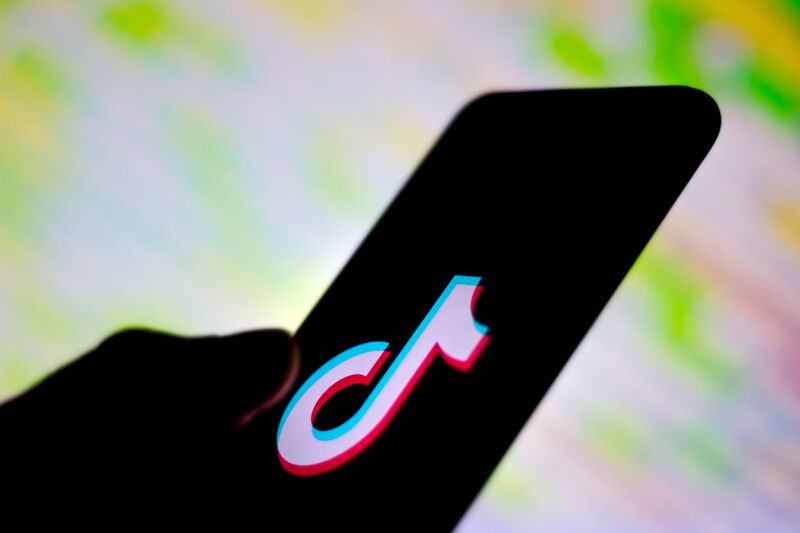
The U.S. Federal Trade Commission (FTC) has escalated its case against TikTok and its parent company, ByteDance, by referring it to the Department of Justice (DOJ). This referral, announced on Tuesday, June 28, follows an investigation into potential breaches of the Children’s Online Privacy Protection Act (COPPA) and allegations that TikTok engaged in “unfair and deceptive” business practices.
In a statement, the FTC indicated that their investigation revealed sufficient grounds to suspect that TikTok may be violating or on the verge of violating the law. “The Commission has voted to refer a complaint to the DOJ, according to the procedures outlined in the FTC Act,” the agency stated, emphasizing the public interest in pursuing these proceedings.
TikTok responded to the referral with a statement expressing disappointment and asserting their ongoing cooperation with the FTC over the past year to address these issues. The company challenged the FTC’s allegations, describing them as mostly pertaining to outdated practices and inaccurate assertions. “We strongly disagree with the FTC’s allegations, many of which relate to past events and practices that are factually inaccurate or have been addressed,” TikTok stated. The company reiterated its commitment to protecting children’s privacy and its continuous efforts to enhance user safety and compliance with U.S. law.
Although it is uncommon for the FTC to publicly disclose such referrals, the agency deemed it necessary in this instance due to significant public interest.
TikTok’s troubles with the FTC are not new. In 2019, the company agreed to pay $5.7 million to resolve claims that it unlawfully gathered personal information from children. This settlement was noted as the largest civil penalty ever secured by the FTC in a children’s privacy case.
This latest development adds to the growing pressure on TikTok in the United States. In April, President Biden signed legislation that could potentially ban TikTok unless ByteDance divests its ownership within a year.
This action follows persistent concerns from U.S. lawmakers about the potential for ByteDance to transmit U.S. user data to the Chinese government. In response, TikTok and ByteDance have filed a lawsuit against the U.S. government, contending that the law infringes on constitutional rights to free speech and individual liberty.
Related News:
Featured Image courtesy of Rafael Henrique/SOPA Images/LightRocket via Getty Images
